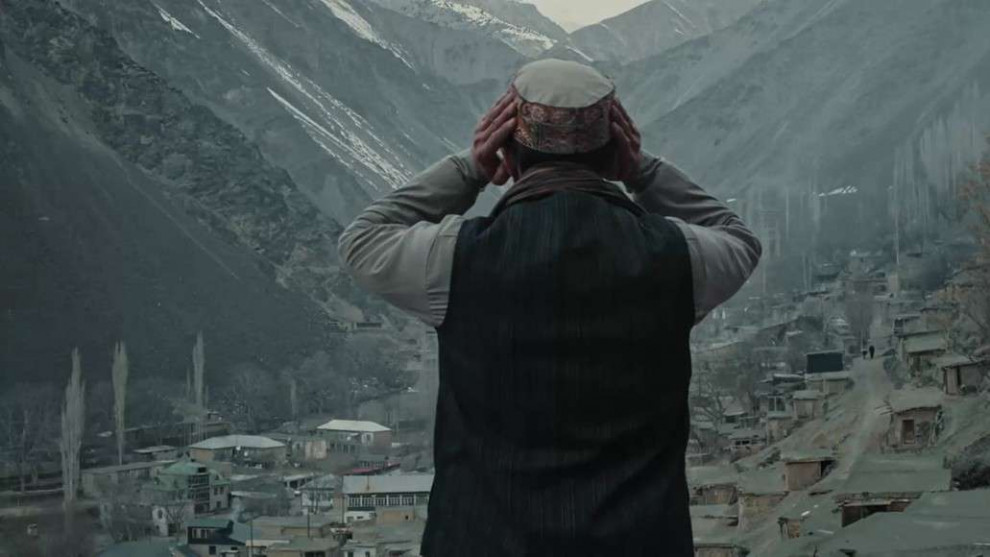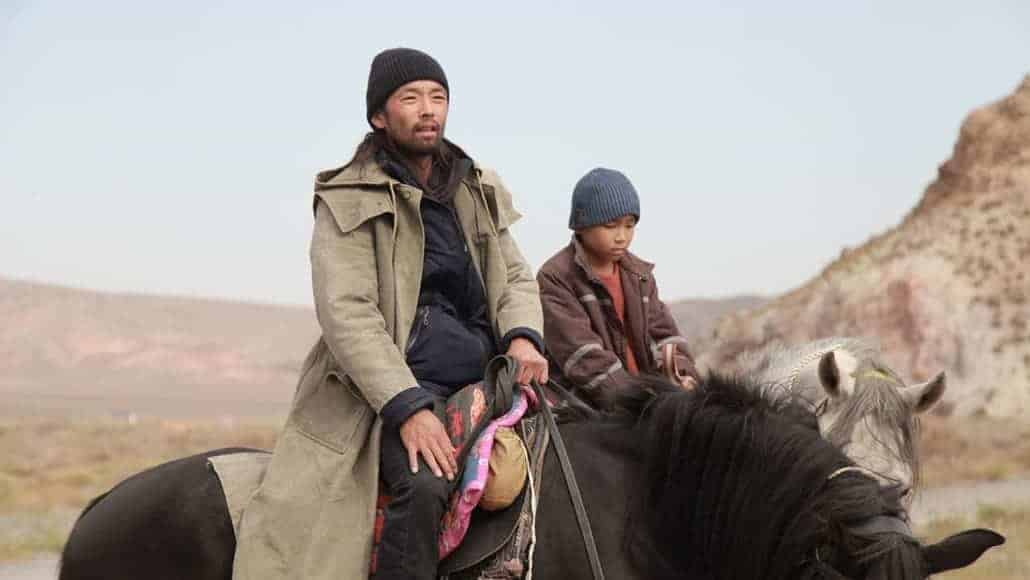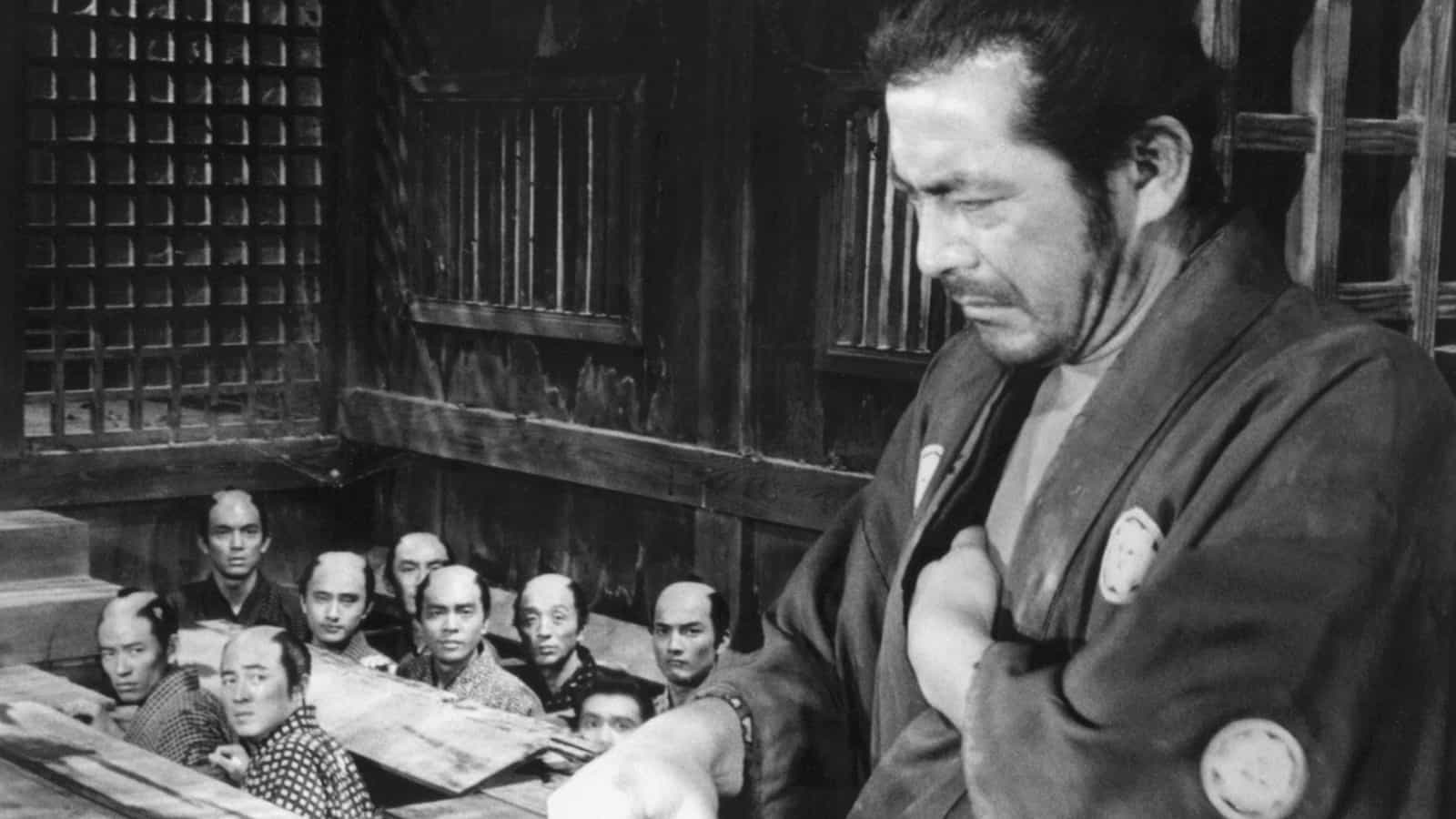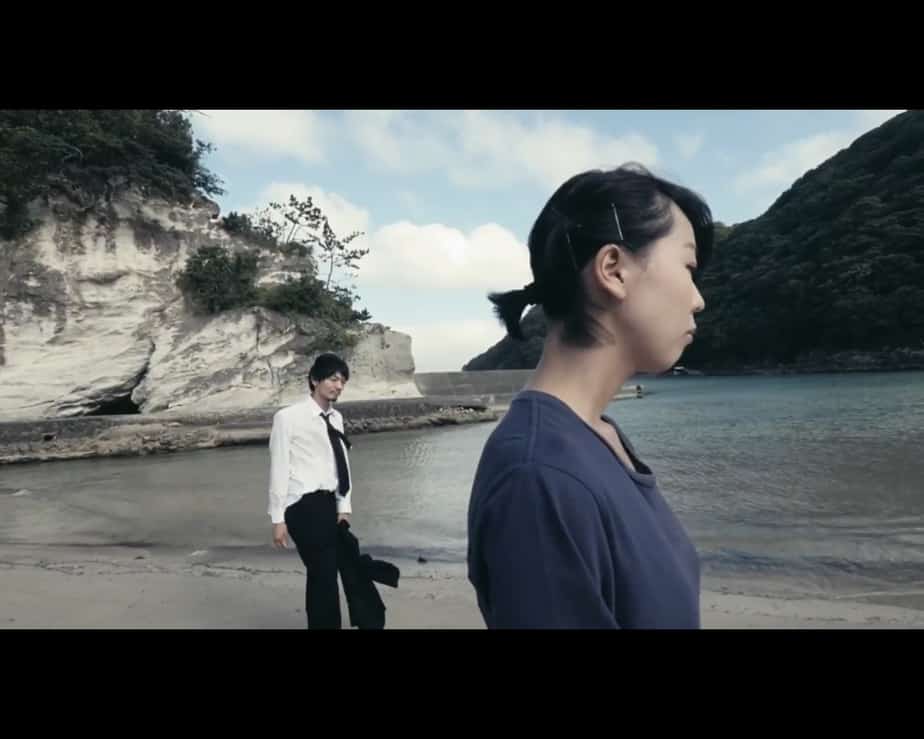“A home country is a paradise.”
Oralman is the official term for ethnic Kazakhs who have returned to their home country after it became independent in 1991. Under Soviet rule in the 1930s, individuals and families had to leave Kazakhstan for the neighboring states. The combination of repression as well as unbearable conditions such as famines made life difficult in the country and many people had to face the choice of leaving their homes. According to author Almaz Kumenov the Kazakh state officially asked its former citizens to return due to the “demographic collapse” of the country, but also because the number of ethnic Kazakhs still living there was so low.
Consequently, many former refugees returned to Kazakhstan, hoping to regain their roots and their home. According to statistics from 2015, almost one millions oralman have immigrated to Kazakhstan defining a small, but growing part of the population. However, their return was not necessarily met with enthusiasm or support by the local population. Current studies and essays, for example by Baurzhan Bokayev, state the number of problems has made life hard for many returnees. From a considerable number in unemployment, language barriers and a general lack of governmental assistance, the unanimous consensus seems to suggest returnees often are unable to integrate into the country they – or their ancestors – have called home. A bitter conclusion for many of them.
“Returnee” is screening at Aperture: Asia & Pacific Film Festival

In his fourth film, Kazakh director Sabit Kurmanbekov has chosen these returnees and their issues as its focus. While issues of identity and home are not uncommon in Kurmanbekov's body of work, for example, in “Seker” (2009), concentrating on a group of people must have been an interesting change of pace.
Saparkul (Dulyga Akmolda) has decided to return to Kazakhstan, the home country of his grandfather (Esim Segizbayev). Because his father is old, he has chosen to give up his position as muezzin in the local mosque and has already received all the necessary documents by the Kazakh authorities. Together with his wife Zeinep (Bayan Kazhnabieva) and his daughter Mariam (Dinara Dairova) the two men start the long journey from Afghanistan to Kazakhstan.
However, apart from the difficulties of the journey, the country of Kazakhstan has changed since Saparkul's father left. And as his health slowly deteriorates, the family is forced to make a living in a place whose people mostly avoid them and with very little support.
The movie opens in Kunduz Province, Afghanistan with the camera following Saparkul on his routine of calling for the morning prayer from the roof of the local mosque. Mars Oumarov's camera introduces a repeated visual pattern in the film, the equilibrium between man and environment. In a film which relies mostly on the image rather than the spoken word, these kinds of visual metaphors are crucial for its narration and characters. More precisely, Kurmanbekov and his cinematographer create an emotional landscape. fitting to the themes of belonging, identity and home the story deals with.
Fittingly, the image is later on repeated, in a different context as well as country. But then there is always a sense of dislocation, of a precarious balance in the air since the concept of home itself has been suspended. More significantly, one has to focus on the shots showing a sense of disconnect between landscape and character, especially in the sections taking place in Kazakhstan in the second half of the film.
Considering the characters are guided by their grandfather's promise of a “paradise”, there is also an increasing sense of disconnect between them. As the film reaches its first tragic turning point, the biblical concept of the “promised land” has become a state of mind instead of being bound by geographical matter. Similar to the characters in the works of Abbas Kiarostami or the Brothers Taviani, Saparkul, Mariam and Zeinep have to to adapt to the new home, find a new home in their mind as well. In other words, they will have to regain the sense of harmony from the beginning.
Besides its visuals and narration, “Refugee” relies heavily on its cast. Dulyga Akmolda plays Saparkul as a thoughtful man, a character, whose emotional isolation due to his service as mujahideen has left deep wounds. In the barren Kazakh landscape, providing little solace, he is forced to leave these memories of his old home behind, in order to be able to move on. Akmolda's intense performance highlights the inner turmoil of this man finding the right balance between being a son, a father and separating himself from the soldier he once was.
Additionally, Dinara Dairova as a young woman may just be the biggest asset of this film. Mute ever since she stepped on a mine, she seems to go through the same kind of struggle as her father communicated only through the smallest of gestures. Branded as an outsider, just like the rest of the family, her fight also consists of finding a connection to the world around her. In the end, her struggle is one of so many, speaks so clearly without the act of talking, and possibly leaves the biggest impression long after the credits have finished rolling.

“Returnee”, or “Oralman”, is an impressive, a moving film with a great cast, good direction and beautiful cinematography. In times of global waves of immigrants, Kurmanbekov has succeeded in making a pointed statement of the struggles of integration and regaining a sense of home in a foreign country. In the end, home may be a state of mind, but reaching this individual “promised land” may just be the longest journey one will ever undertake.
Sources:
1) Kumenov, Almaz (2018) Kazakhstan's returnees frustrated by cold shoulders
https://eurasianet.org/s/kazakhstans-returnees-frustrated-by-cold-shoulders, last accessed on: 06/09/2018
2) Nearly 1 Million Kazakhs Have Resettled in Kazakhstan Since 1991 (2015)
https://www.rferl.org/a/kazakhstan-ethnic-kazakhs-oralman-return-uzbekistan-turkmenistan-china/26796879.html, last accessed on: 06/09/2018
3) Bokayev, Baurzhan “Invisible” Problem of Ethnic Migrants in Kazakhstan: Legal regulations and issues of human rights
http://www.lawschool.cornell.edu/research/ILJ/upload/Bokayev-Invisible-Problems.pdf, last accessed on: 06/09/2018
4) Status of Oralman in Kazakhstan – overview (2006)
http://www.kz.undp.org/content/dam/kazakhstan/docs/InclusiveDevelopment/
Status%20of%20Oralmans%20in%20Kazakhstan.%20Overview.pdf?download, last accessed on: 06/09/2018

















